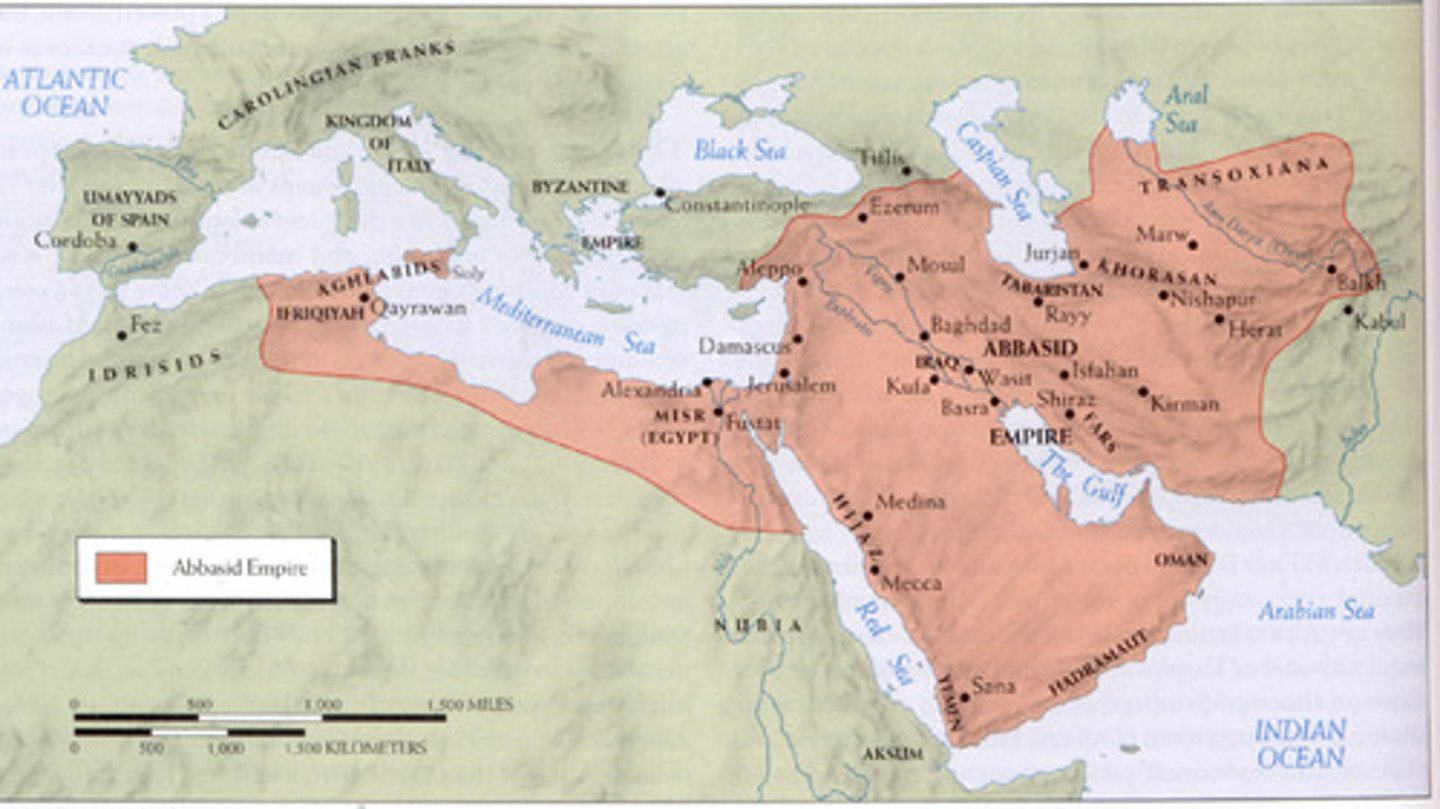Dar al-Islam and African Kingdoms
1/10
There's no tags or description
Looks like no tags are added yet.
Name | Mastery | Learn | Test | Matching | Spaced | Call with Kai |
|---|
No analytics yet
Send a link to your students to track their progress
11 Terms
Great Zimbabwe
A powerful state in the African interior that apparently emerged from the growing trade in gold to the East African coast; flourished between 1250 and 1350 C.E.
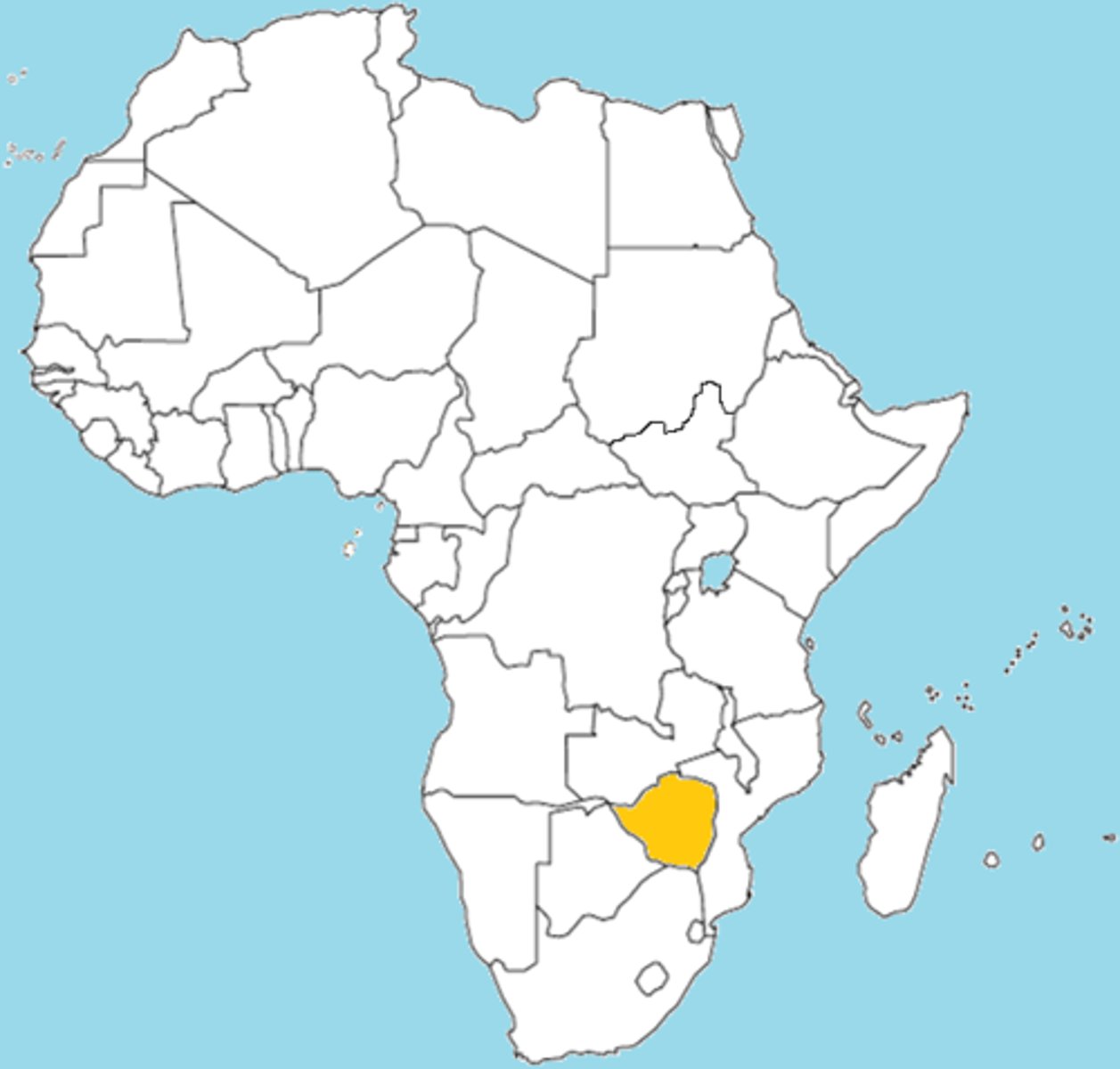
Ethiopia
A Christian kingdom that developed in the highlands of eastern Africa under the dynasty of King Lalaibela; retained Christianity in the face of Muslim expansion elsewhere in Africa.
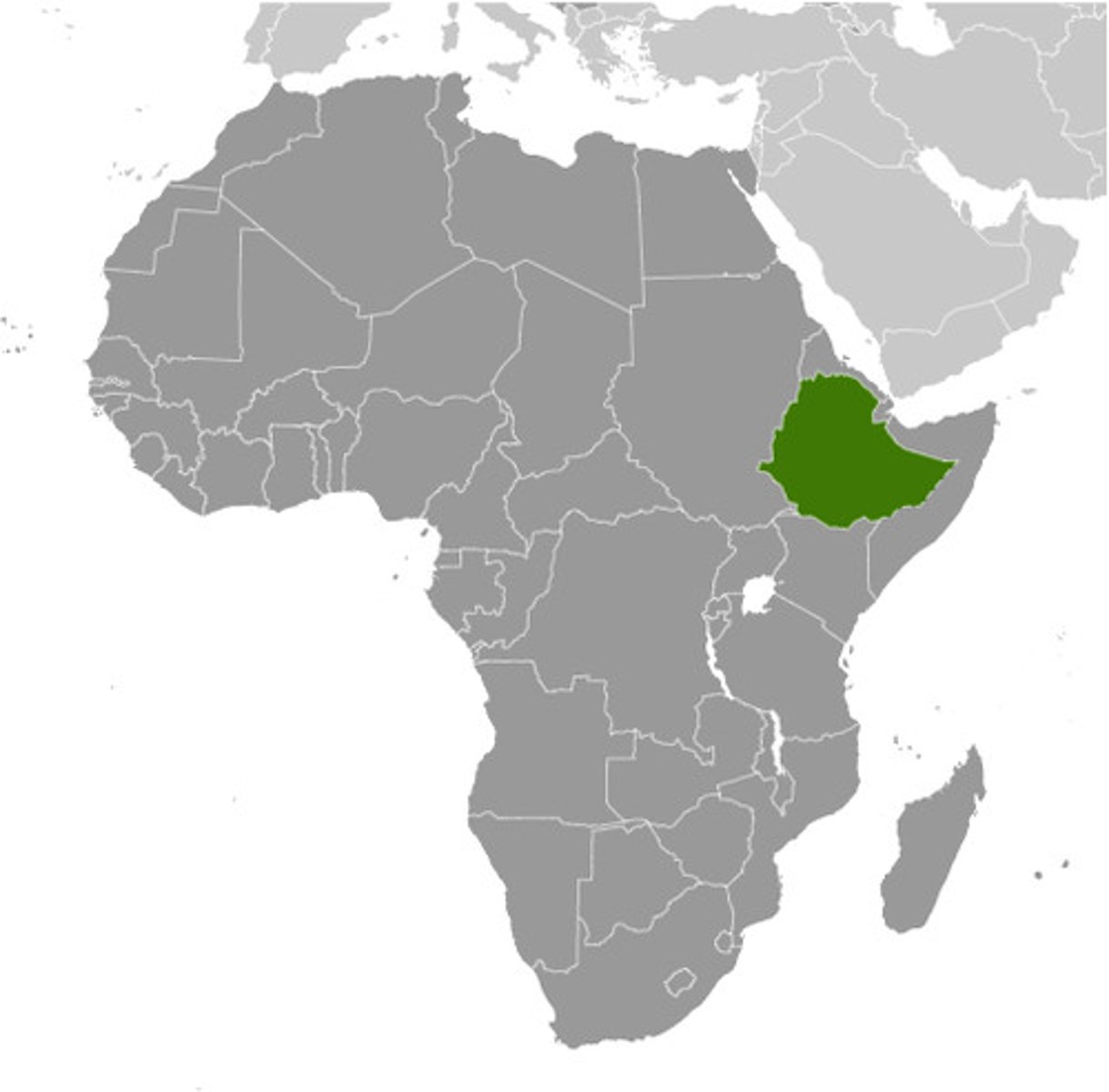
Hausa states
City-states in northern Nigeria that were centers of long-distance trade and they acted as a go between to the trading cities on the Mediterranean and the rain forest regions to their south.
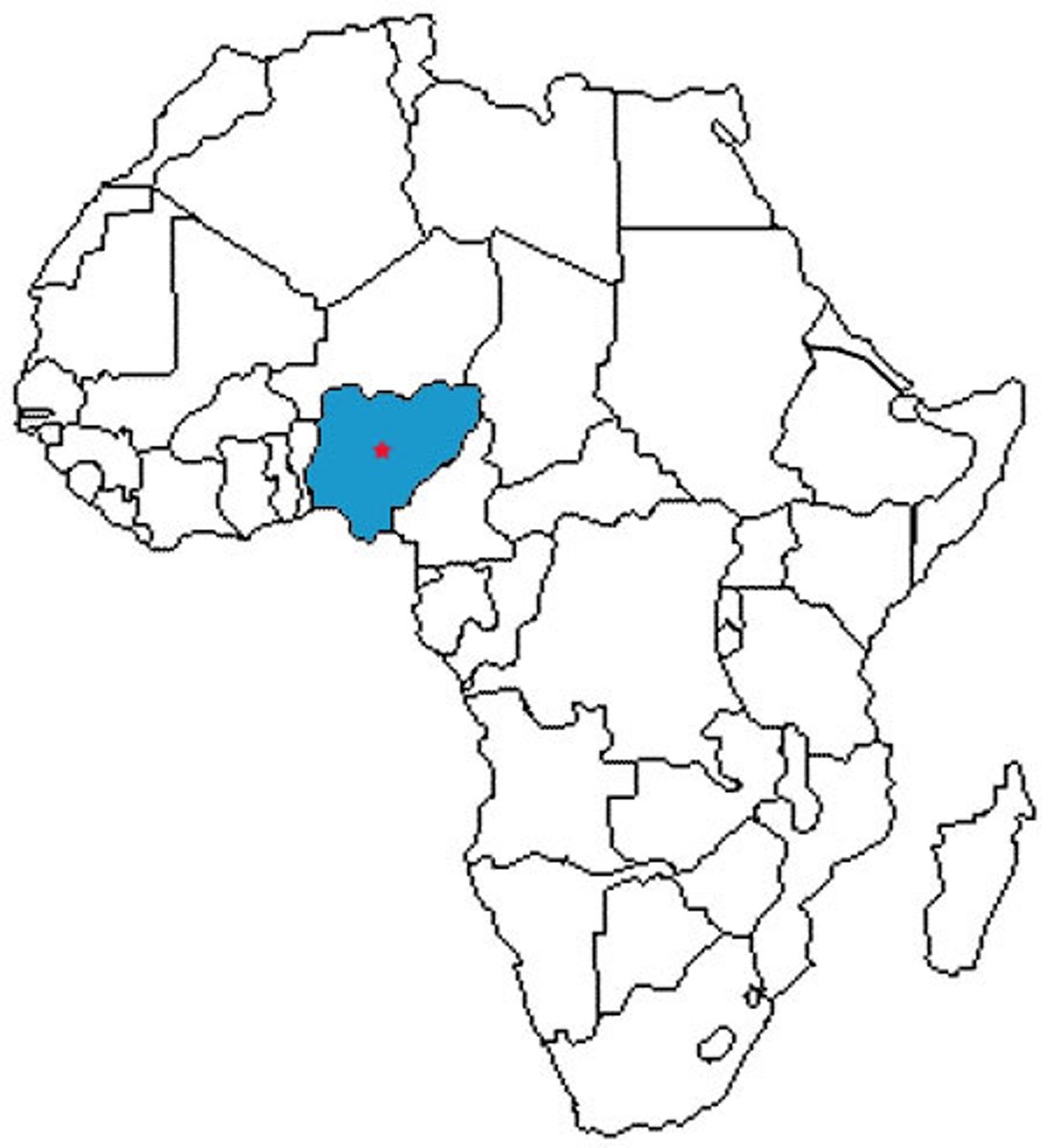
Ibn Battuta
Moroccan Muslim scholar, the most widely traveled individual of his time. He wrote a detailed account of his visits to Islamic lands from China to Spain and the western Sudan.
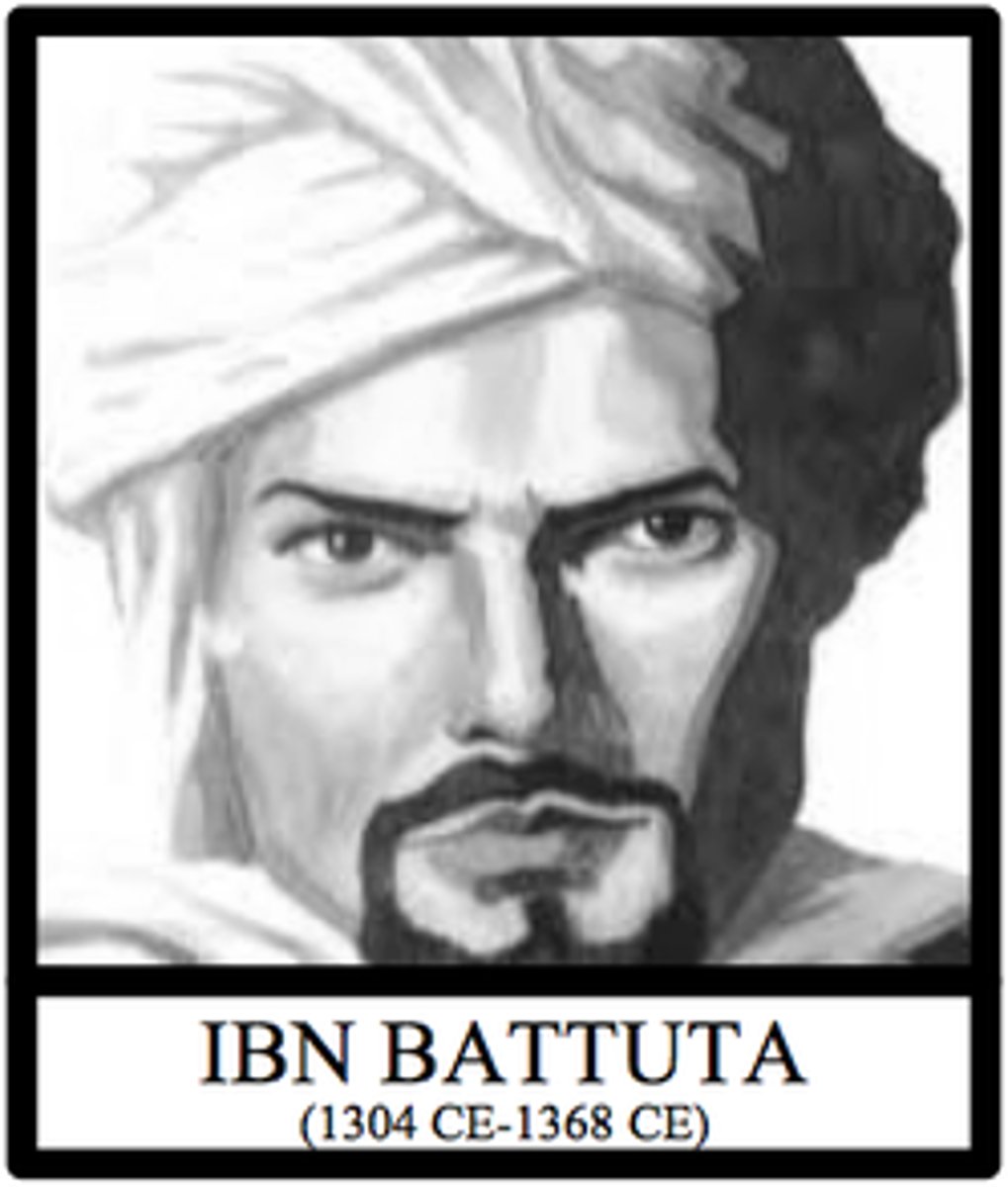
Mansa Musa
Emperor of the kingdom of Mali in Africa. He made a famous pilgrimage to Mecca and established trade routes to the Middle East.
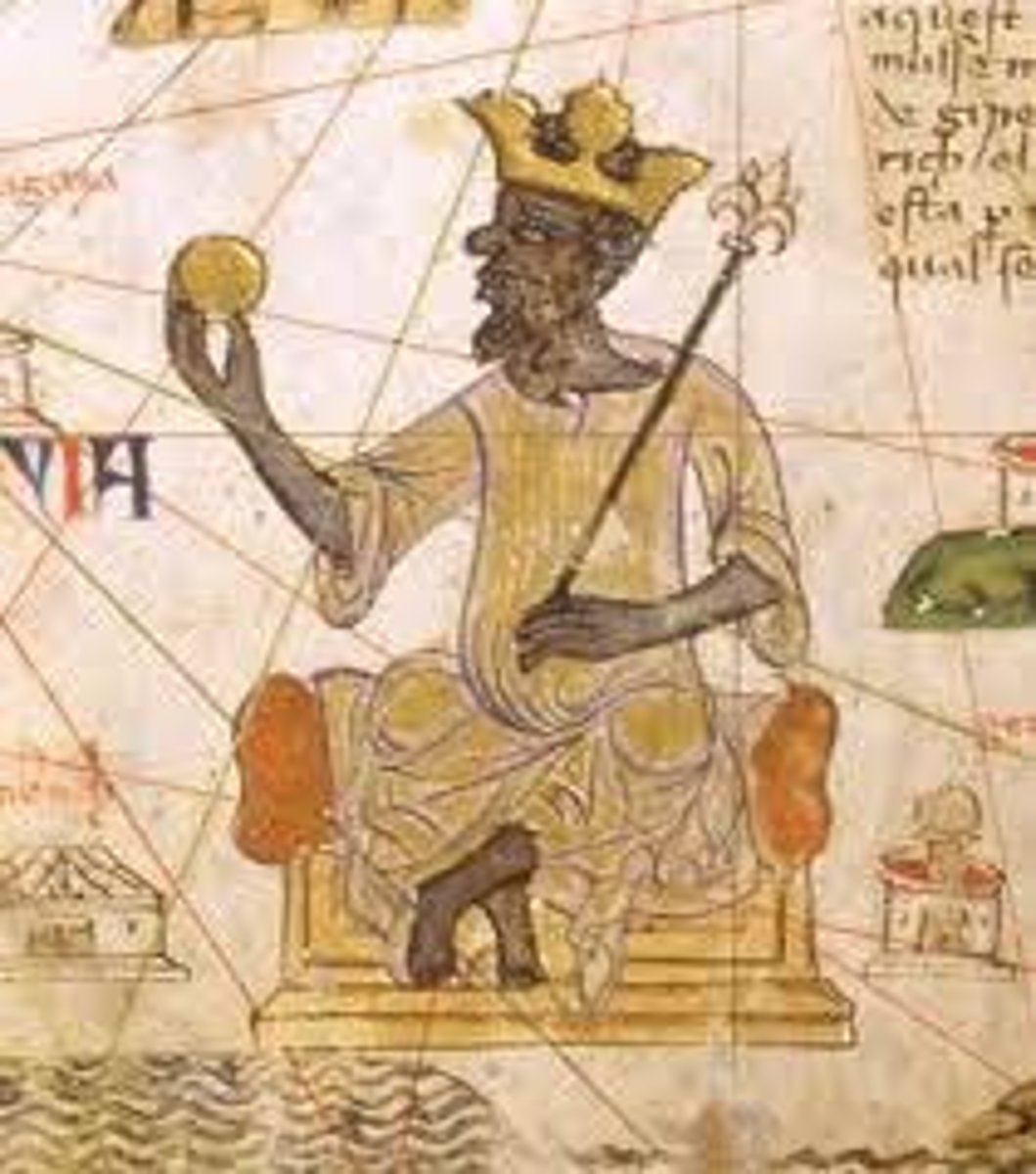
Sufism
An Islamic mystical tradition that desired a personal union with God--divine love through intuition rather than through rational deduction and study of the shari'a. Followed an ascetic routine (denial of physical desire to gain a spiritual goal), dedicating themselves to fasting, prayer, meditation on the Qur'an, and the avoidance of sin.
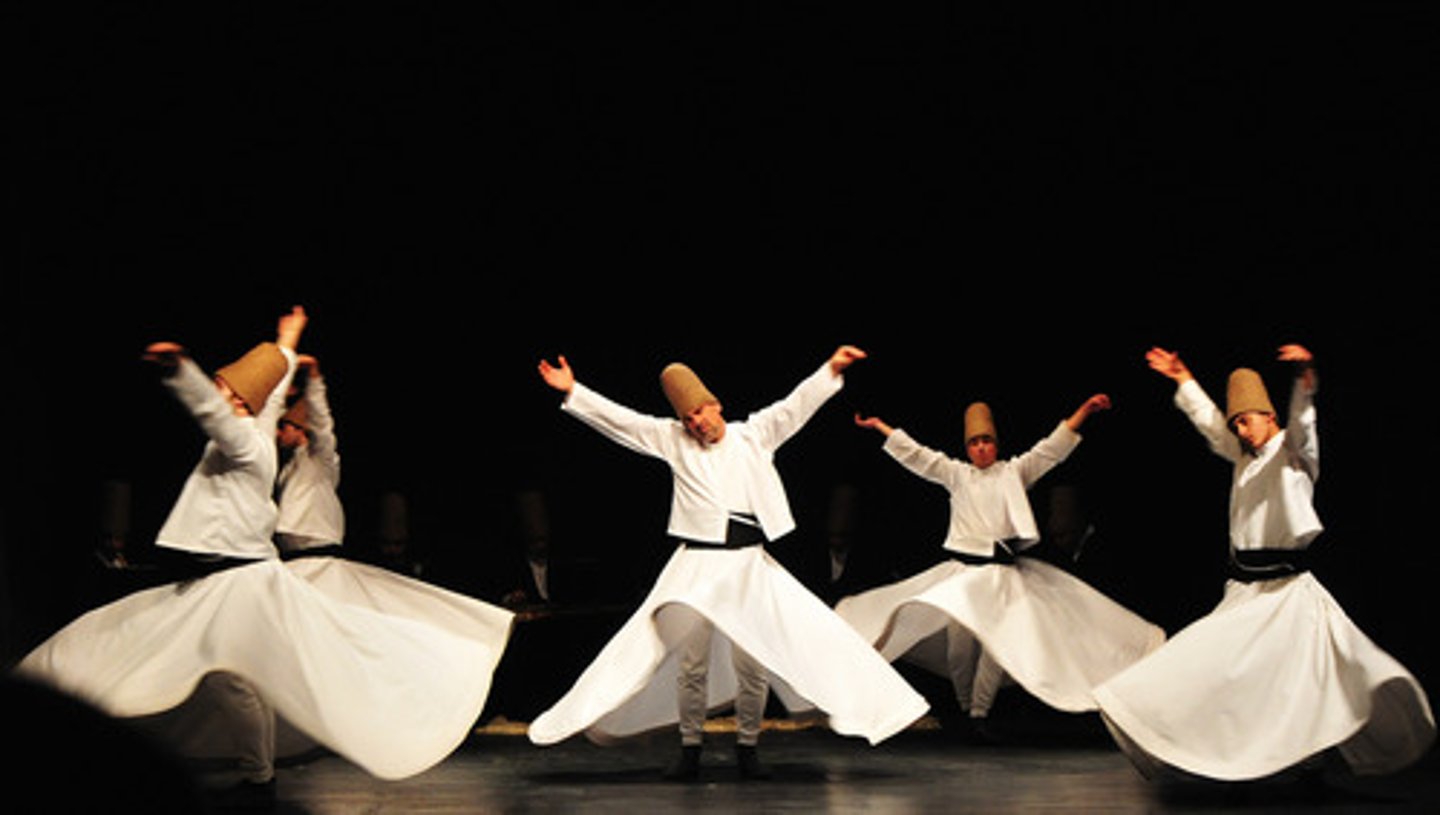
Dar al-Islam
an Arabic term that means the "house of Islam" and that refers to lands under Islamic rule
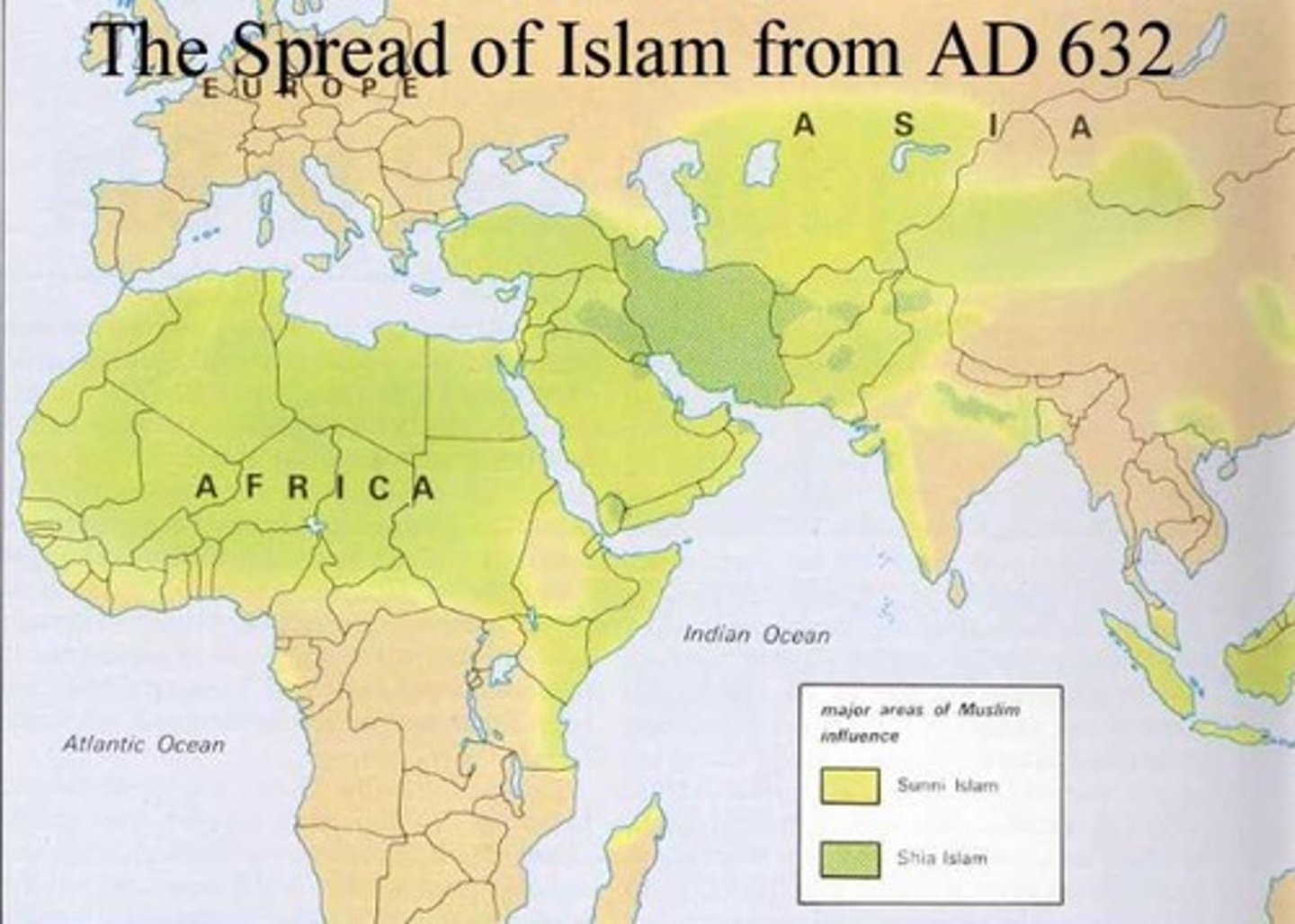
Al-Andalus
A Muslim-ruled region in what is now Spain, established by the Berbers in the eighth century A.D.
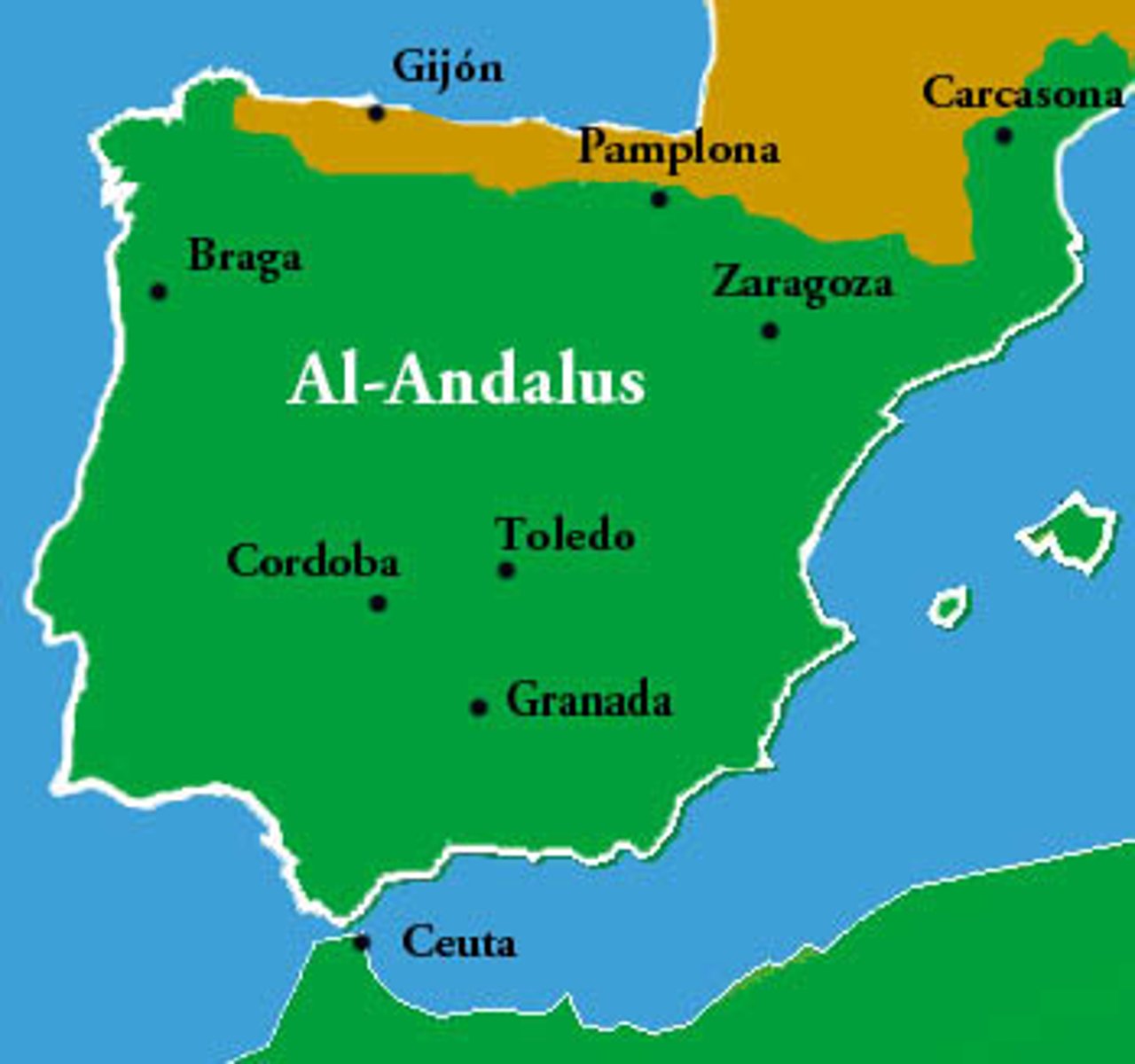
House of Wisdom
Combination library, academy, and translation center in Baghdad established in the 800s.
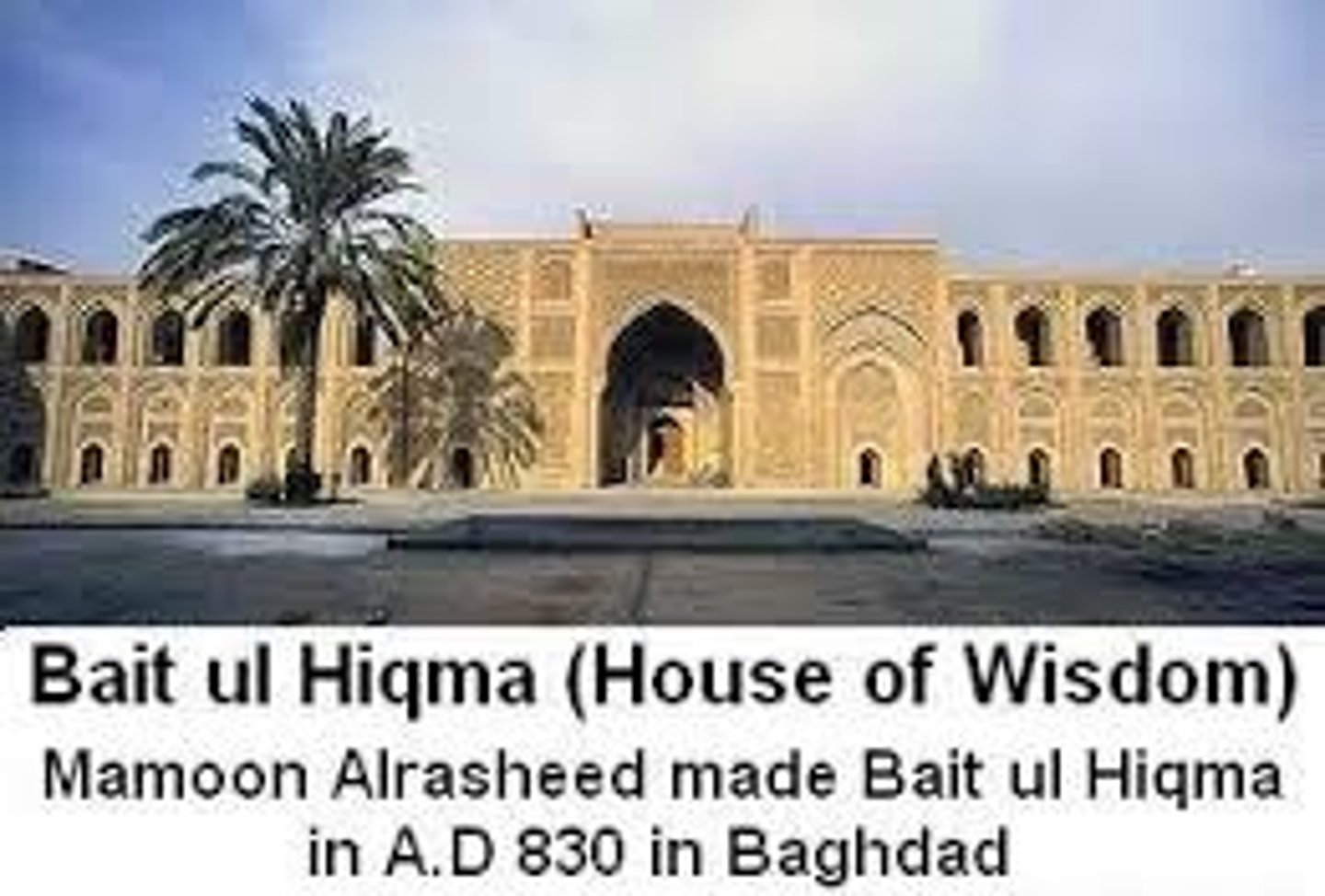
Translation Movement
The collective effort of Islamic scholars, many living in Baghdad, between 750 and 1000 to translate astronomy, medical, mathematical, and geography books from ancient Greek, Sanskrit, and Persian into Arabic.
Abbasid Caliphate
Third of the Islamic Caliphates of the Islamic Empire. The rulers who built their capital in Baghdad after overthrowing the Umayyad caliphs. In started in 750 CE. It flourished for two centuries, but slowly went into decline with the rise to power of the Turkish army it had created, the Mamluks. In the 13th century the Mongols displaced them.
